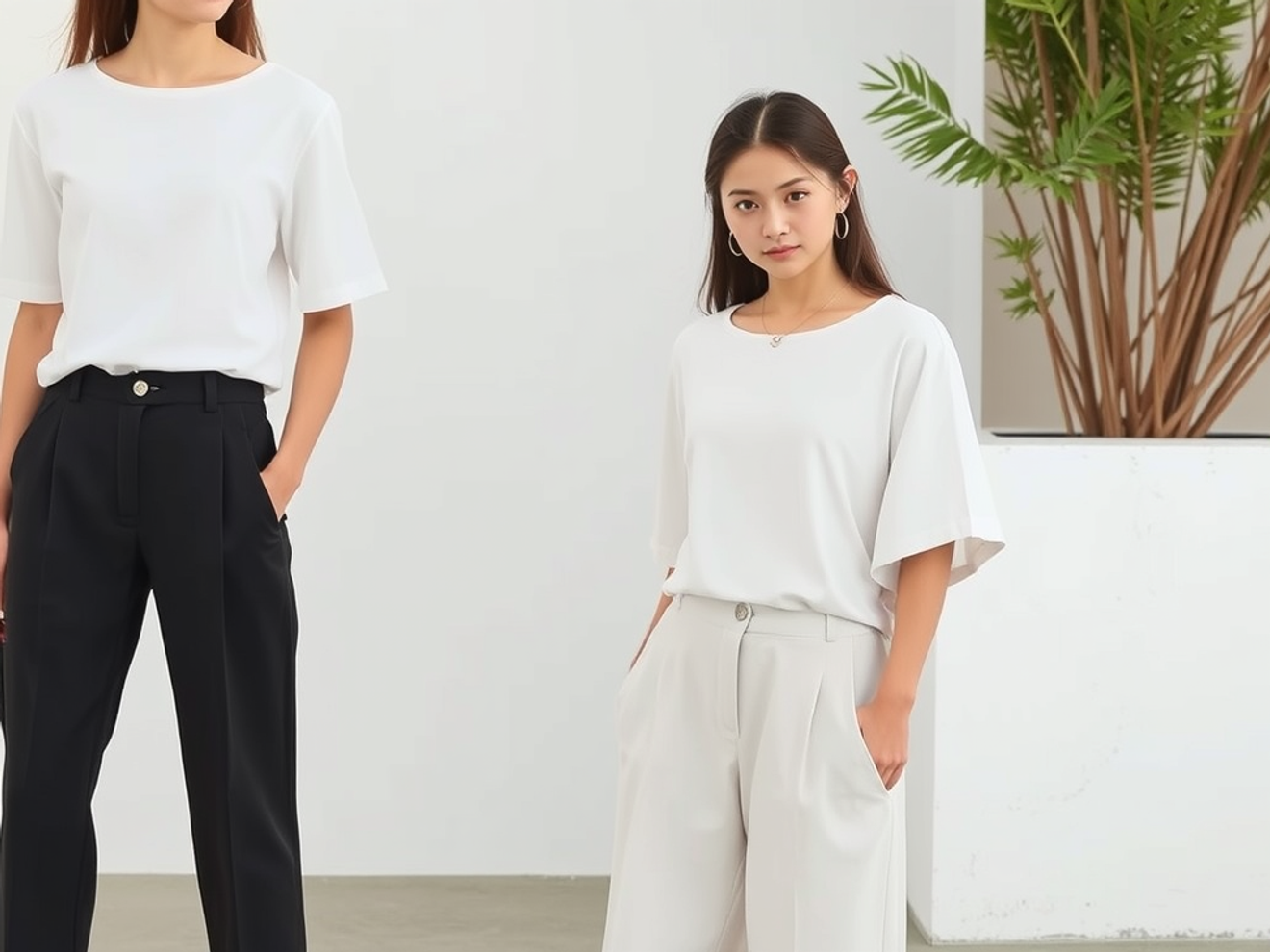Subject
- #Minimalism
- #Stress Reduction
- #Lifestyle
- #Quality
- #Happiness
Created: 2024-11-13
Created: 2024-11-13 10:54
Before discovering minimalism, I adopted a simple and streamlined lifestyle, focusing on my attire and limiting my hobbies to reading, listening to music, and watching movies after work. The only movie I watched was "Detective Conan," and my music playlist consisted of only a few relaxing songs. This allowed me ample time for my family, career development, self-care, and countless other important tasks.
Later, I learned that this lifestyle aligned with minimalism. Instead of feeling my life was meaningless, I gained confidence and focused more intently on essentials, discarding unnecessary things. Today, let's explore minimalism together.

1. What is Minimalism?
Minimalism is a philosophy of life that encourages us to reduce what is unnecessary and focus on what truly matters. Originating in art and architecture, minimalism today extends to all aspects of life, from fashion and technology to daily living. Minimalism doesn't mean giving up everything, but rather finding what truly brings joy, meaning, and satisfaction to life.
2. Why is Minimalism Becoming a Trend?
Modern life is often stressful and pressured, with an overwhelming amount of information, work, and responsibilities. In recent years, minimalism has become a trend as people realize that material excess doesn't bring happiness. Instead of buying more, they choose a simpler lifestyle, focusing on quality of life. This significantly reduces anxiety and improves mental well-being.
3. Benefits of Minimalism
• Reduces stress and pressure: By decluttering your living space and organizing it neatly, you'll find your mind becomes more relaxed. An uncluttered space helps you focus more on what you truly love.
• Saves money: Minimalist living helps you avoid wasteful spending. This not only saves money but also provides a greater sense of financial security.
• Increases focus: When not distracted by unnecessary things, you can easily focus on what's more important—it could be work, family, or health.

4. How to Start Living Minimally?
If you're interested in a minimalist lifestyle, here are some steps to begin your journey:
• Declutter your living space: Start by getting rid of items you don't really need. From clothes and books to kitchen items, clean up and keep only what you use and love regularly.
• Reduce shopping habits: Ask yourself each time you buy something, do you really need it? If not, give up the idea and focus only on products with lasting value.
• Focus on experiences: Instead of investing in material things, seek meaningful experiences like traveling, learning new skills, or spending time with family and friends.
• Practice gratitude: Minimalist living is also about appreciating what you have. Take a moment and be grateful for the small joys in everyday life.
5. Minimalism and Mental Well-being
Minimalism is not just a way of arranging material possessions, but also a powerful tool for improving mental health. When we slow down, reduce our dependence on material things, we more easily find inner peace. From there, we can focus on self-development, health care, and building a meaningful life.
Minimalism is not a temporary trend, but a sustainable and healthy lifestyle. It helps us reduce life's pressures, rediscover true values, and find satisfaction in small things. Whether starting small by cleaning your desk or rethinking shopping habits, each step brings us closer to a simple yet rich life.
Comments0